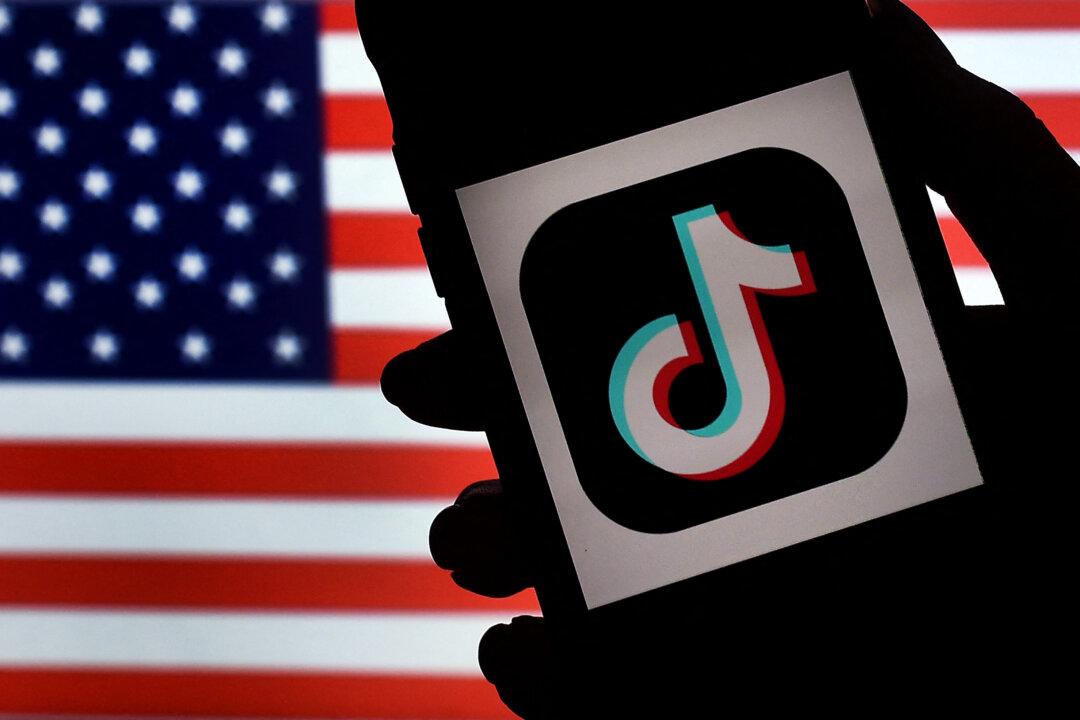The state of Utah has filed a lawsuit against video-streaming app TikTok over claims the platform operates a “virtual strip club,” allegedly exposing young users to sexual exploitation.
The lawsuit was filed in the Third Judicial District Court, Salt Lake County, Utah, on June 3 by the division of consumer protection of the Utah Department of Commerce; acting through Utah Attorney General Sean D. Reyes.




